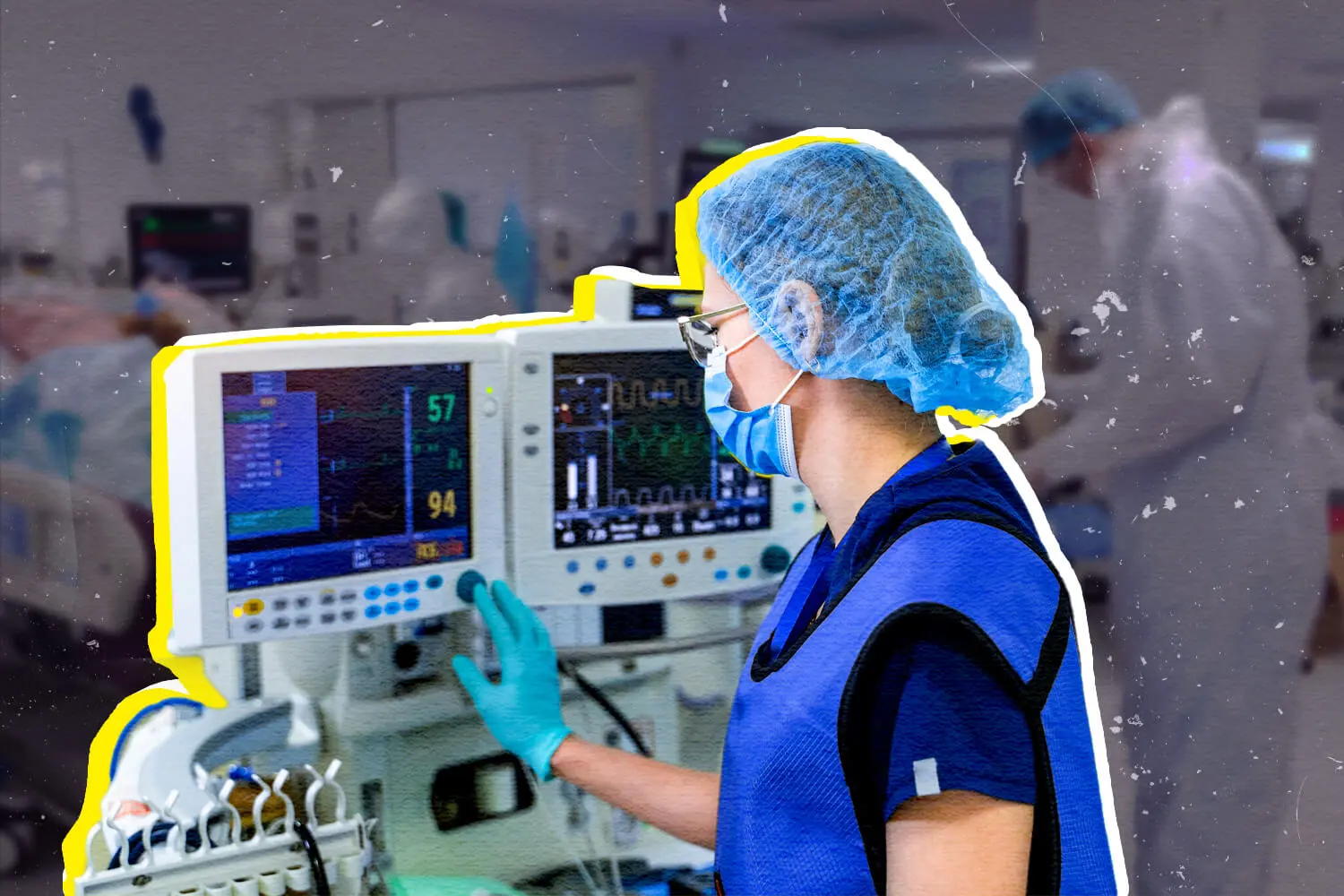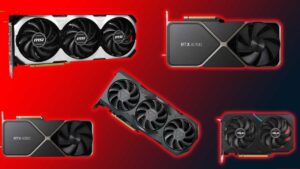Introduction:
In recent years, technology of semiconductor has found Applications in Healthcare. From enabling advanced medical imaging to powering wearable health monitors and implantable devices, semiconductors are reshaping the landscape of healthcare delivery. This blog post explores the diverse applications of semiconductor technology in healthcare and the transformative impact it is having on diagnosis, treatment, and monitoring.
Follow us on LinkedIn for everything around Semiconductors & AI
5 Transformative Applications of Semiconductors in Healthcare
1. Semiconductor Advances in Medical Imaging:
Semiconductor components such as CMOS sensors and image processors have significantly enhanced the capabilities of medical imaging devices. X-ray, MRI, CT, and ultrasound machines now offer higher resolution, faster processing, and reduced radiation exposure, thanks to semiconductor innovations. These advancements have led to more accurate diagnoses and improved patient outcomes.
Read More: 10 Essential Applications of Semiconductors
2. Wearable Health Monitors Powered by Semiconductors:
Wearable devices equipped with semiconductor sensors, microcontrollers, and wireless connectivity have ushered in a new era of personalized healthcare. These devices continuously monitor vital signs such as heart rate, blood pressure, and oxygen saturation, providing users and healthcare professionals with real-time health data. From fitness trackers to smartwatches with health monitoring features, semiconductor technology is empowering individuals to take proactive control of their health.
Read More: 7 applications of semiconductors in daily life
3. Implantable Medical Devices Enhanced by Semiconductor Technology:
Semiconductor-based implants, including pacemakers, defibrillators, and neurostimulators, have transformed the treatment of various medical conditions. Miniaturization and power efficiency enabled by advanced semiconductor technology have resulted in smaller, more reliable implantable devices that offer enhanced therapeutic capabilities. These devices deliver targeted interventions, such as regulating heart rhythm or alleviating chronic pain, improving patient comfort and quality of life.
4. Point-of-Care Diagnostics Revolutionized by Semiconductors:
Semiconductor-based lab-on-a-chip devices and biosensors are revolutionizing point-of-care diagnostics by enabling rapid and accurate disease detection. These portable devices integrate microfluidics, sensors, and signal processing circuits to analyze biological samples such as blood, saliva, or urine. From detecting infectious diseases to screening for cancer biomarkers, semiconductor technology is making diagnostics more accessible and efficient, particularly in resource-limited settings.
Read More: Semiconductors: Revolutionizing Processes in 10 Key Industries
5. Smart Drug Delivery Systems Leveraging Semiconductor Innovations:
Semiconductor technology is driving the development of smart drug delivery systems that offer precise control over dosage and release kinetics. Microelectromechanical systems (MEMS) and nanotechnology enable the design of drug delivery devices capable of targeting specific tissues or cells, optimizing therapeutic efficacy while minimizing side effects. These advancements hold promise for improving treatments for conditions such as cancer, diabetes, and autoimmune diseases.
Conclusion:
The Applications of Semiconductors in Healthcare is transforming the way we diagnose, treat, and monitor medical conditions. From powering advanced medical imaging devices to enabling personalized health monitoring and innovative drug delivery systems, semiconductor technology is driving unprecedented advancements in healthcare delivery. As research and development in this field continue to evolve, the future holds immense potential for semiconductor-driven innovations to further improve patient outcomes and revolutionize healthcare on a global scale.



